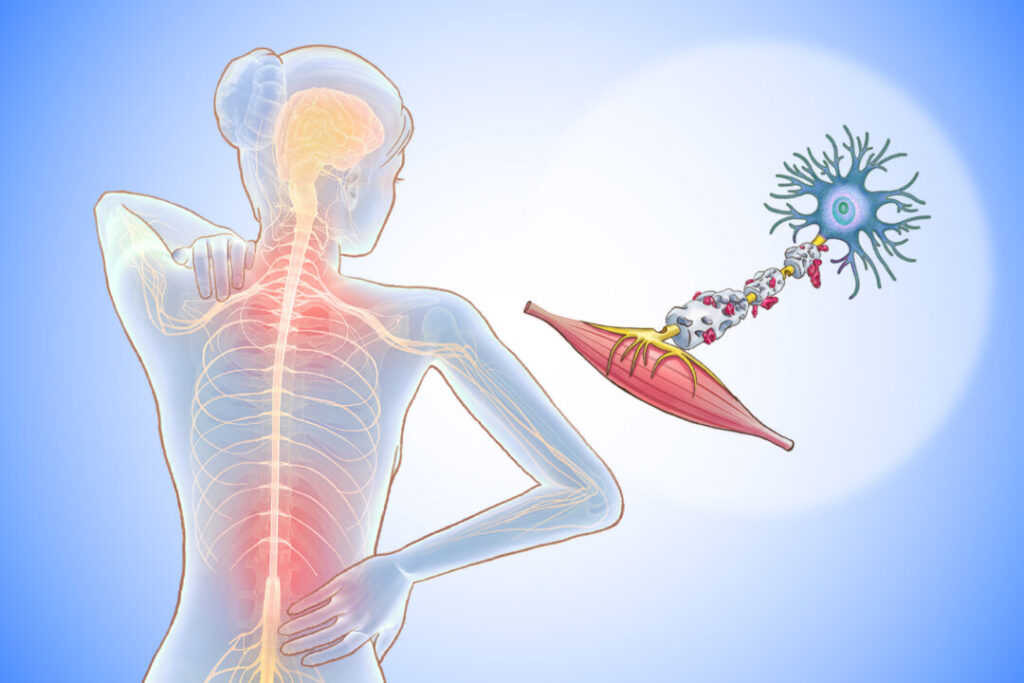
Multiple sclerosis (MS) is an autoimmune inflammatory disease that affects the central nervous system. In this condition, the body’s immune system mistakenly attacks the protective covering around nerve fibers known as myelin. This myelin serves an essential function, akin to insulation around electrical wires, ensuring that nerve signals can travel efficiently between the brain and the rest of the body. When the myelin is compromised, these signals may become disrupted, leading to a variety of symptoms.
MS predominantly affects individuals between the ages of 20 and 40, making it a significant cause of non-injury-related neurological disability among young adults. In the United States alone, nearly 1 million people are currently living with this condition. The disease can manifest in different forms, and while there is currently no cure, a range of treatments and lifestyle modifications can help manage its symptoms.
Recognizing Early Symptoms
Early signs of MS can vary widely among individuals. Common symptoms include fatigue, difficulty with coordination and balance, numbness or tingling in the limbs, and vision problems. Some patients may also experience cognitive changes, which can affect memory and concentration.
It is crucial for individuals experiencing these symptoms, particularly in the 20-40 age group, to consult healthcare professionals for proper assessment and diagnosis. Early intervention can significantly affect the management of the disease and enhance the quality of life for those affected.
Available Treatments and Lifestyle Approaches
Although there is no definitive cure for multiple sclerosis, various treatment options are available that aim to manage symptoms and slow disease progression. These treatments often include disease-modifying therapies, which can help reduce the frequency of relapses and limit the severity of the condition.
In addition to medical treatments, lifestyle changes can play a vital role in symptom management. Regular exercise, a balanced diet, and stress management techniques are all recommended to support overall health. Some individuals have also explored natural options, including dietary supplements and alternative therapies, to complement their treatment plans.
Research continues to advance in the understanding of MS, with ongoing studies focused on developing new therapies that may offer more effective management strategies in the future. As awareness grows about this complex disease, the importance of early recognition and comprehensive treatment remains paramount for those diagnosed with multiple sclerosis.







